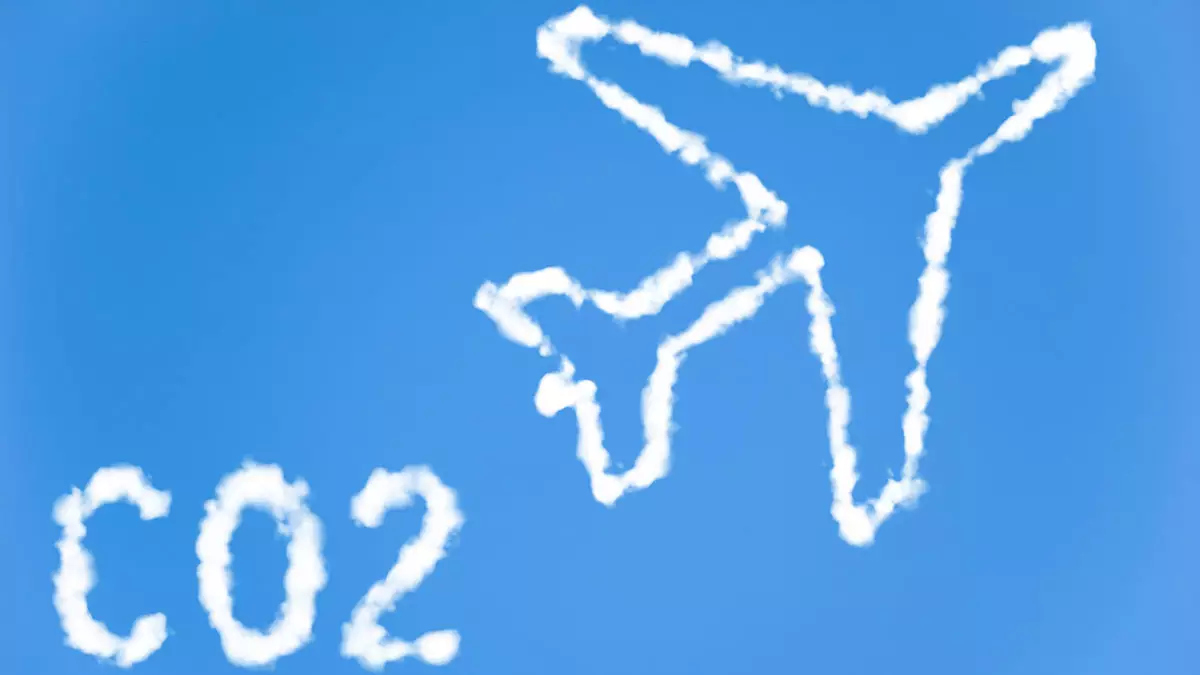The recent guidance finalized by the Treasury Department highlights the inclusion of ethanol-based sustainable aviation fuel (SAF) in a federal tax credit program. The main aim of this program is to stimulate SAF production and encourage air carriers and fuel producers to utilize this sustainable alternative. Under the program, tax credits ranging from $1.25 to $1.75 per gallon will be provided to those who sell and use SAF. However, to be eligible for the minimum credit, SAF must demonstrate a lifecycle emissions reduction of at least 50% compared to traditional kerosene-based jet fuel.
The updated guidance by the Treasury Department brings changes to the methodology used to determine lifecycle emission benefits for SAF. This revised approach now rewards corn- and soy-based ethanol producers who implement emission reduction practices in farming and refining processes. The introduction of Climate Smart Agriculture techniques such as no-till farming, cover crops planting, and energy-efficient fertilizer use is expected to enhance emissions reduction. According to Geoff Cooper, president of the Renewable Fuels Association, farmers must adopt all three approaches to qualify for the lifecycle emissions reduction bonus outlined in the updated guidance.
The Treasury’s alterations also impacted the GREET system, which was developed by the Department of Energy for emissions calculations. Environmental groups have previously debated the utilization of the GREET system in determining eligibility for the SAF tax credit program. The preference for the system developed by the United Nations’ International Civil Aviation Organization arose due to the harsher treatment of indirect land-use changes. This system aligns with the advocates’ belief that SAF production should prioritize inputs with minimal indirect consequences like forestry residue, waste fat, and other non-food sources.
The introduction of the new guidance has garnered mixed reactions from various stakeholders. The Environmental Defense Fund expressed cautiousness regarding the decision, citing concerns about potential scientific discrepancies. Mark Brownstein, the fund’s senior vice president of energy transition, emphasized the importance of thoroughly evaluating the details before forming final conclusions. On the other hand, the Renewable Fuels Association wished for additional lower-carbon fertilizer products and farming practices to be recognized under the revised GREET methodology.
Although the SAF tax credit program commenced last year and expires at the end of 2022, producers can still receive credits for previously produced fuel. Starting in 2025, a new tax credit program concerning SAF and other transport fuels will be implemented until 2027. The Treasury Department aims to conduct further modeling work to establish new GREET criteria for this upcoming program. The overarching goal of the Biden administration is to achieve a production level of 3 billion gallons of SAF annually by 2030, representing 10% of aviation fuel consumption in the United States.
The inclusion of ethanol-based sustainable aviation fuel in the federal tax credit program signifies a significant step towards promoting sustainability in the aviation industry. With ongoing developments and adjustments in methodologies, the future of SAF production looks promising as the sector aims to reduce emissions and enhance energy efficiency in air travel.

